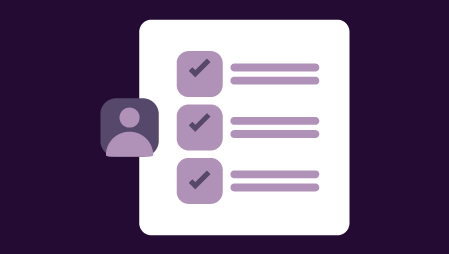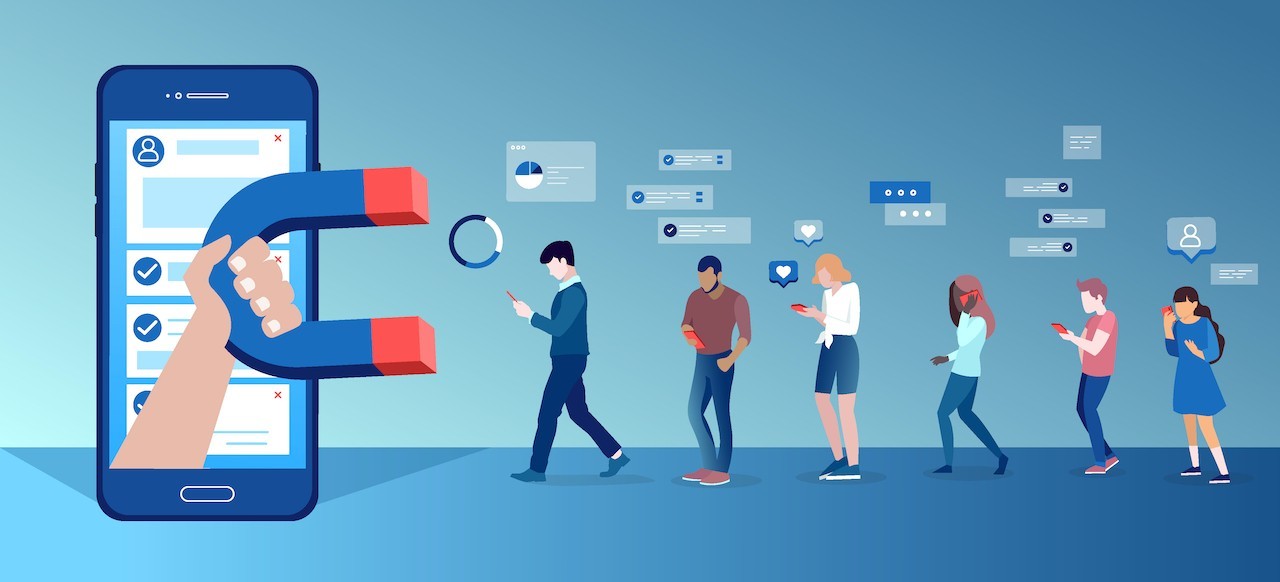We must already be living in the future because artificial intelligence already makes a lot of our consumption decisions for us. AI decides what advertisements we see and which entertainment choices we’re most likely to enjoy.
The fact that Netflix, Google, Amazon, and Uber are data companies first and service companies second means every other company with something to sell stands to learn something from these digital giants. Your salespeople provide the humanistic touch needed to close sales and maintain customer relationships. But if they’re not using analytics and AI tools these days, they’re working harder than they need to. Or, as the case may be, they’re working too hard on the wrong kinds of work.
Sales Forecasting
First, consider the benefit of being able to engage in more realistic company operations planning, courtesy of intelligent sales forecasting. Lots of leading sales team software developers include this functionality because they understand how hard it can be to balance inventory and procurement with real sales numbers.
Having a way to more accurately predict next quarter’s or next year’s revenue based on your historical and real-time sales team performance goes a long way in mapping out and prioritizing major spending and acquisition decisions, too.
Scoring Leads
Next up is the process of performing more intelligent lead scoring so salespeople can budget their time more wisely. Your sales team spends a portion of their day, each day, studying customer and client information and deciding who to reach out to and when. But what if they could have their leads automatically scored and prioritized so they could move on to the more “human” parts of their jobs?
There’s a real need here among companies that rely on sales teams. In 2016, one study concluded that existing lead scoring techniques result in “misleading buying signals” for more than 60% of companies. Moreover, just 40% of companies that engage in lead scoring consider the practice worthwhile.
Artificial intelligence is changing all of this for the better. AI can take into account past sales data, demographics, customer interactions, historical client information, web and social traffic, and much more in order to clue sales teams in on the best leads to follow up on. No more running on gut instinct.
Optimizing Discounts and Prices
Winning customers and then keeping their business relies on lots of factors that are within your control — including your prices. But it can be difficult to know where to set your prices, how to award discounts, and how to balance profitability against customer retention. AI can help with that.
Instead of eyeballing it on bids, proposals, and quotes, your sales team could instead use an AI tool to study past deals, the number of competitors in the area, characteristics of the region, time of year, the price of materials, and details about the client to optimize pricing, generate discounts and win you more business. Some companies will always choose to set their prices in a vacuum and get by on name recognition, but the competitive advantage belongs to companies that study as much in-house and industry data as they can before setting their own.
Help With Upselling
As we indicated, lots of the biggest companies today gather or buy user data in order to more efficiently part us from our dollars. But why can’t your sales teams do the same thing? That “Customers Also Bought” banner looks right at home on Amazon and other internet marketplaces. What if your representatives could use similar technology to deliver more personalized upselling recommendations during customer interactions — and win you additional business?
There are lots of ways to go about this, including having your selling tool automatically find customers who haven’t bought refill products in a while, haven’t upgraded to a new version yet, or who might benefit from a companion product to go with a previous purchase. Your sales team can use information like this to inform marketing and communication decisions and shape campaigns and outreach, including sending personalized email offers to longtime customers who might need some encouragement stepping up to the plate again.
Interestingly, this idea seems to be backed up by research. Salesforce has concluded that by 2020, well over half of surveyed B2B customers will be willing to switch suppliers if their existing supplier can’t accurately anticipate what they need and when. AI is the key to cracking this nut.
Automation for Basic Tasks and Inquiries
Have you heard about the number of companies using chatbots these days? Doing so helps free up company phone lines and ensures customers can perform account inquiries and get answers to their questions at any time of the day or night.
Some companies are turning to AI to automate some of the more routine parts of the sales process, including providing digestible answers to frequently asked questions and helping customers move more confidently and knowledgeably through the sales funnel. Studying how customers interact with chatbots will also further enhance your approach to website and social content, by highlighting what questions customers ask often and what they want to know more about before pulling the trigger on a sale.
With the right kind of enterprise planning software, your company could even leverage AI to automate your responses to quotes and come up with numbers for bids automatically. As mentioned previously, coming up with the right offer is also in AI’s wheelhouse. But this goes one step further by taking some of the time pressures off your sales staff when it comes to responding to bid requests in a timely fashion. Instead of literally sleeping on bids that come in overnight, and then running around to gather numbers and build a quote, your sales team can concentrate instead on closing the sale.
Other Ways to Use AI in Sales
There are other ways to put artificial intelligence to work in sales departments, too:
- Assigning grades and automatic rankings to salespeople and discovering which personnel might need remedial training or who deserves a pat on the back. Determining what your salespeople need to succeed is just as important as learning what your customers want and need.
- Studying customer patterns that indicate turnover and churn and providing recommendations for retention strategies.
- Helping to set sales goals based on historical patterns and real-time data. Forecasting is great, but planning to beat forecasts is even better.
This technology is already impressively capable, but the truth is that we’re just getting started realizing the potential of using AI to give our sales teams a hand. How will you use it?



